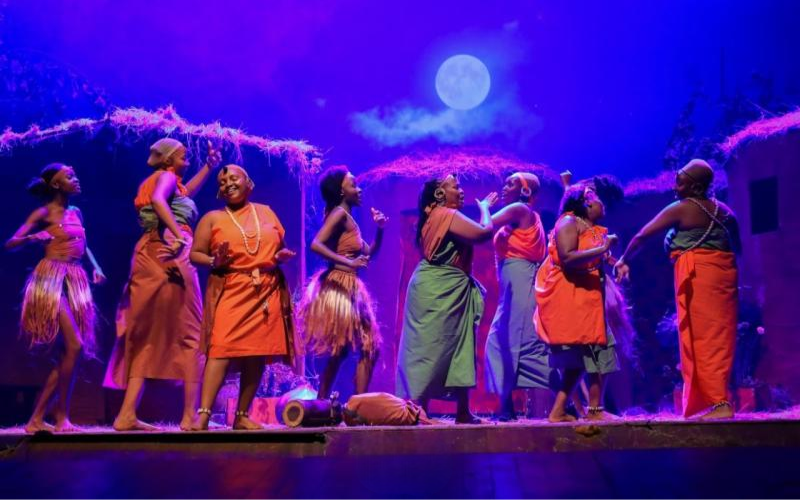Plays, poetry, spoken word, and other theatre performances draw in a particular kind of audience that adds to the vibrant tapestry of the theatre world. Here’s a look at some of the eccentric main characters of the auditorium.
The Cheerleader
This is either a close relative of one of the performers or someone whose love for art simply overflows. Their joy is unmistakable: they laugh at every comedic moment, clap at every scene change or impressive performance, and proudly rise for a standing ovation during the curtain call.
The cheerleader spreads this energy generously, often buying group tickets for friends and family – all in the name of art.
The Solo Theatre-Goer
In today’s world, where solitude is increasingly embraced, this theatre buff wears it with ease. For them, attending a show is a form of self-care, a sacred space to unwind. Their theatre calendar is mapped out weeks in advance, complete with outfit planning – because why not buy a new dress to match the event’s poster?
The Couples
You’ll almost always find couples in the audience, but vernacular plays, comedies, and church productions seem to attract them in droves. Perhaps it’s because these shows are lighthearted, humorous, and often explore themes of love and family.
The Repeat Watcher
At some point, you might hear a whispered line coming from the seat next to you. Chances are it’s from someone on their fourth viewing of the same production. Just as some people can rewatch a movie or replay a song endlessly, this audience member has the same relationship with theatre.
Children and Parents
At children’s plays, it’s the kids who burst into loud, uncontrollable laughter – often at things only they find funny – while parents watch quietly from their seats. These shows may spark a childlike joy in adults, but most parents are simply there for their children’s sake.
The Archivist
For them, documenting theatre online is a cherished hobby. They delight in discovering new spaces and artists, obsessively sharing what they learn with fellow theatre lovers.
Poetry Enthusiasts
Poetry and spoken word lovers often gather in unconventional, tucked-away venues that appeal to an intimate crowd uninterested in hype. These events are frequently paired with Afrocentric live music – refreshing, soulful, and far from the mainstream.
Scholars and Researchers
They watch with sharp, discerning eyes, absorbing every detail. Their encyclopedic memory captures creative elements that others might miss. Whether for teaching, analysis, or personal reflection, they mentally jot down notes – and leave you spellbound with remarks like, “The lead actor’s emotional depth and variation were so powerful that the other actors were feeding off it.”
Art Students
University students studying the arts are notorious for staging plays on the most unexpected days – even Mondays – and still pulling off sold-out shows. Their peers flock to support them, filling auditoriums located conveniently on campus. Beyond that, students also attend set book plays staged by peers or professionals.
The Artist
Like students, these come to immerse themselves in the art, cheer on their peers, and explore collaborations. They may belong to any artistic discipline, but being in the audience fuels their own creativity.
Church Members
Churches like ICC Nairobi and Mamlaka Chapel regularly stage religious-themed plays that draw thousands. Others, like ACK St. Mark’s, partner with production companies to bring professional theatre to their congregations. These performances merge worship with entertainment, creating a unique experience for churchgoers.
The Genre-Centred Audience
Some people are drawn to theatre for very specific genres. History enthusiasts never miss Too Early for Birds productions; comedy lovers pack the halls for Heartstrings Entertainment, The Crony Production, and vernacular plays, while music fans gravitate toward musicals and dance theatre.
The Latecomers
Finally, we can’t forget those who trickle in after the show has begun. Every performance has them. And when they’re many, productions are sometimes delayed – waiting for the auditorium to at least half-fill.


